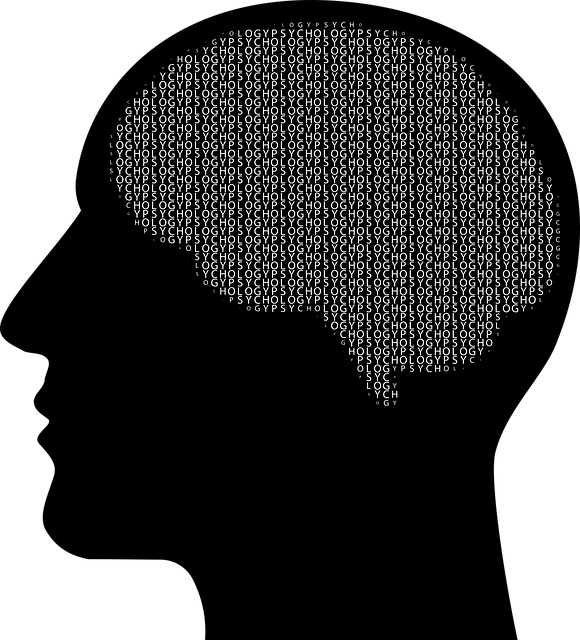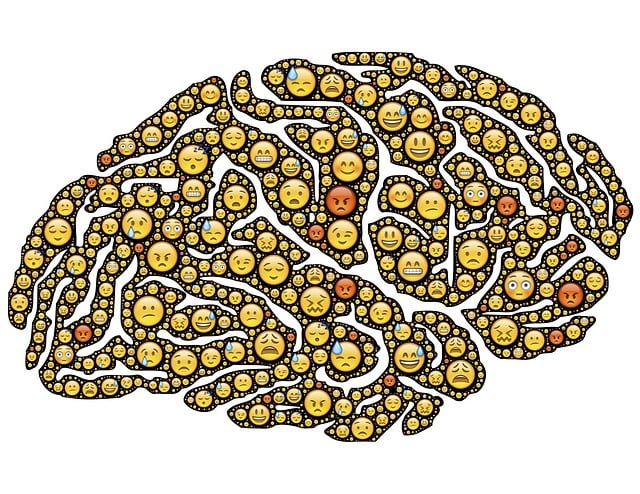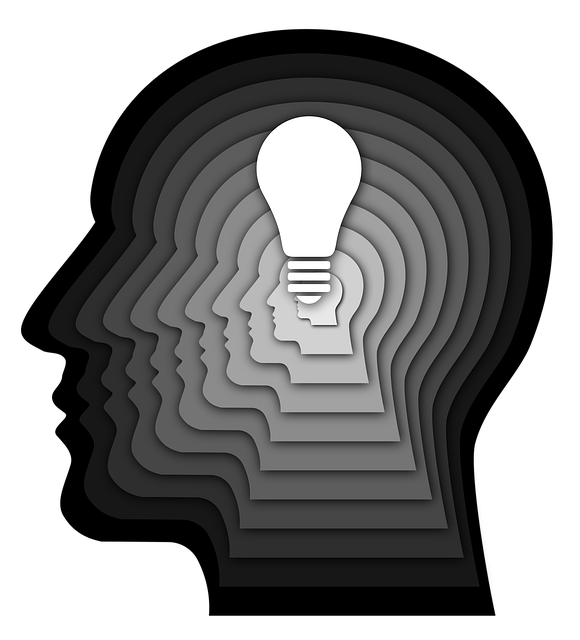Mental health challenges among young adults are on the rise due to unique stressors of adulthood, prompting the need for effective interventions like Dialectical Behavioral Therapy (DBT). DBT combines cognitive-behavioral techniques and mindfulness practices to teach emotional regulation, distress tolerance, and interpersonal skills, reducing mental illness stigma and promoting well-being. A comprehensive therapy for young adults, it empowers them to navigate their journeys successfully, making it a powerful tool in fostering resilience and mental health stability.
Mental health challenges among young adults are a growing concern, emphasizing the need for comprehensive education programs. This article explores how Dialectical Behavioral Therapy (DBT) can be a potent tool in empowering this demographic. We’ll delve into the key components of an effective program, including interactive learning strategies, and discuss methods to measure success and long-term impact. By understanding DBT’s application, we can design targeted interventions, offering hope and support for young adults facing mental health issues.
- Understanding Mental Health Challenges Among Young Adults
- Introduction to Dialectical Behavioral Therapy (DBT)
- Key Components of an Effective Education Program
- Designing Engaging and Interactive Learning Experiences
- Measuring Success and Long-Term Impact of the Program
Understanding Mental Health Challenges Among Young Adults

Mental health challenges are increasingly prevalent among young adults, a demographic often overlooked in traditional mental health services. The transition from adolescence to adulthood comes with unique stressors that can significantly impact emerging minds and bodies. Social pressure, academic demands, financial uncertainty, and the quest for identity all contribute to the complex web of mental health issues affecting this age group.
Dialectical Behavioral Therapy (DBT) has emerged as a powerful tool in addressing these challenges. DBT is a form of therapy that combines cognitive-behavioral techniques with mindfulness practices, offering valuable skills for emotion regulation, distress tolerance, and interpersonal effectiveness. By targeting specific mental illness stigma reduction efforts and focusing on mood management and emotional well-being promotion techniques, DBT empowers young adults to navigate their mental health journeys effectively and fosters a sense of resilience in the face of adversity.
Introduction to Dialectical Behavioral Therapy (DBT)

Dialectical Behavioral Therapy (DBT) is a highly effective therapy for young adults struggling with emotional regulation and distress tolerance challenges. This evidence-based approach, initially developed to treat borderline personality disorder, focuses on teaching individuals coping skills development and crisis intervention guidance. DBT combines cognitive-behavioral techniques with concepts from mindfulness practices, helping clients learn to manage intense emotions, reduce impulsivity, and improve interpersonal effectiveness.
By integrating various therapeutic elements, DBT aims to foster mental illness stigma reduction efforts and promote better overall mental health. Through individual therapy sessions, group skills training, and phone coaching, participants gain valuable tools to navigate emotional situations and build a more balanced and fulfilling life. This comprehensive program is designed to empower young adults with the resilience needed to overcome challenges and lead healthier, happier lives.
Key Components of an Effective Education Program

An effective mental health education program for young adults should incorporate a multi-faceted approach to address complex emotional and psychological needs. One such evidence-based model is Dialectical Behavioral Therapy (DBT), which focuses on teaching essential skills in four key areas: mindfulness, emotion regulation, distress tolerance, and interpersonal effectiveness. These skills empower individuals to navigate their mental health challenges with increased awareness, better coping strategies, and improved relationships.
Integrating mental wellness journaling exercises alongside DBT techniques allows for self-reflection and emotional processing. Social skills training enhances communication and connection, fostering a supportive environment where participants can openly discuss their experiences. By combining these components—DBT, journaling, and social skills training—the program promotes emotional well-being, encourages personal growth, and equips young adults with the tools to thrive in their daily lives.
Designing Engaging and Interactive Learning Experiences

In designing learning experiences for a mental health education program, particularly tailored for young adults, interactivity and engagement are key to fostering meaningful connections with sensitive topics like therapy and emotional well-being. Incorporating practical exercises such as Dialectical Behavioral Therapy (DBT) skills training, mental wellness journaling, and crisis intervention guidance can transform abstract concepts into tangible tools that participants can apply in their daily lives. These experiential learning methods encourage active participation, allowing young adults to explore and understand their emotional responses more effectively.
For instance, a workshop on stress management might involve guided meditation sessions interwoven with group discussions, fostering an environment where individuals share their experiences while learning coping mechanisms. Similarly, resilience-building activities can be designed as interactive games or scenarios that simulate real-life challenges, enabling participants to practice DBT techniques in safe, controlled settings. By infusing education with these dynamic approaches, the program ensures not only knowledge transfer but also empowers young adults with the skills to navigate their mental health journeys confidently and independently.
Measuring Success and Long-Term Impact of the Program

Measuring the success and long-term impact of a mental health education program is essential to understanding its effectiveness in promoting young adults’ well-being. This process involves rigorous evaluation methods to assess not only immediate outcomes but also the sustainability of acquired skills and knowledge over time. By employing evidence-based practices like Dialectical Behavioral Therapy (DBT), programs can offer comprehensive trauma support services tailored to meet the unique needs of this demographic.
One way to gauge success is by tracking improvements in participants’ mental wellness, including reductions in anxiety, depression, or other mood disorders. Long-term follow-ups can reveal whether these positive changes persist and how they influence young adults’ daily lives and overall adaptability to challenges. Moreover, assessing the adoption and maintenance of positive thinking strategies post-program provides insights into its enduring impact on their emotional resilience.
Mental health education programs play a pivotal role in empowering young adults to navigate their mental well-being. By integrating evidence-based practices like Dialectical Behavioral Therapy (DBT), these programs can effectively address the unique challenges faced by this demographic. Through a comprehensive curriculum encompassing skills training, mindfulness exercises, and peer support, we can create engaging learning experiences that foster resilience and improve long-term outcomes for young adults seeking therapy.










